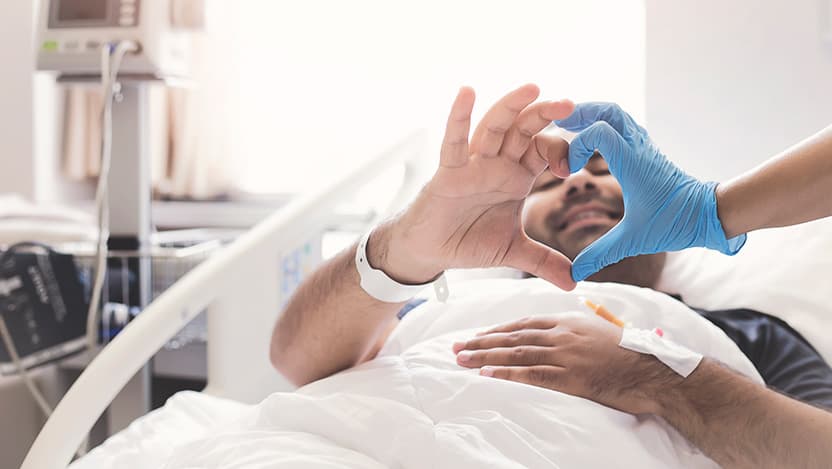Organ donation myths and facts

It’s easy to conjure up all of the myths and misconceptions that may stop us from signing up to become an organ donor. Here, we address those myths with the facts surrounding the process that could save the lives of the more than 100,000 people on the national transplant waiting list.
MYTH: If they see on my license that I’m an organ donor, they won’t try to save my life at the hospital.
FACT: If you are taken to the hospital, the medical team will do everything they can to save your life, regardless of your donor status. The medical team is different from the transplant team, which does not become involved in your care until after your family has given them permission.
MYTH: I can’t become an organ donor because of my medical history.
FACT: A former disease or illness does not necessarily mean that every organ is unhealthy. Healthcare professionals will evaluate your potential as an organ donor to determine if the donated organ is healthy. For instance, if you had cancer, you may still be able to donate your eyes.
MYTH: People in the LGBTQ+ community can’t be organ donors.
FACT: This is not true. Sexual orientation or gender identity does not prohibit anyone from signing up as an organ donor.
MYTH: If I’m in a coma, they could take my organs.
FACT: No, healthcare providers will not take your organs if you are in a coma. You can still recover from a coma and are not declared as deceased unless you are brain dead.
MYTH: Somebody could take my organs and sell them.
FACT: It is against U.S. federal law to buy and sell organs.
MYTH: I won’t be able to have an open-casket funeral after I donate my organs.
FACT: Yes, you can still have an open-casket funeral after donating organs. Every donor’s body is treated with respect before and after donating and returned in a presentable state. Even those who donate their eyes are able to have an open-casket service.
MYTH: The rich and famous get organs first.
FACT: Financial status and popularity are not considered when someone receives an organ. It may seem as if the rich and famous always receive an organ because they garner more attention, thus we hear about them more often. According to the Health and Human Services Administration, 39,718 people received an organ transplant in the year 2019 and very few of them were famous.
MYTH: My organs will be used for scientific experiments.
FACT: Your organs will not be used for experimentation unless you designate your organs for donation to a research institute. This involves joining a donor registry and letting your family know that you would like to donate your organ for medical research.
MYTH: Even if I designate a recipient, my organ may go to someone else.
It is illegal to give donated organs to someone other than a designated recipient. The practice of designating a donor recipient is legally authorized by federal law. However, if your organ is not compatible with your designated recipient, the recipient may opt for a paired exchange to identify a compatible organ.
Leaders in Organ Transplantation
Our transplant surgeons are among the best in the world. They have conducted thousands of procedures, earning national and international recognition for their expertise and research.
Learn more about our transplant team